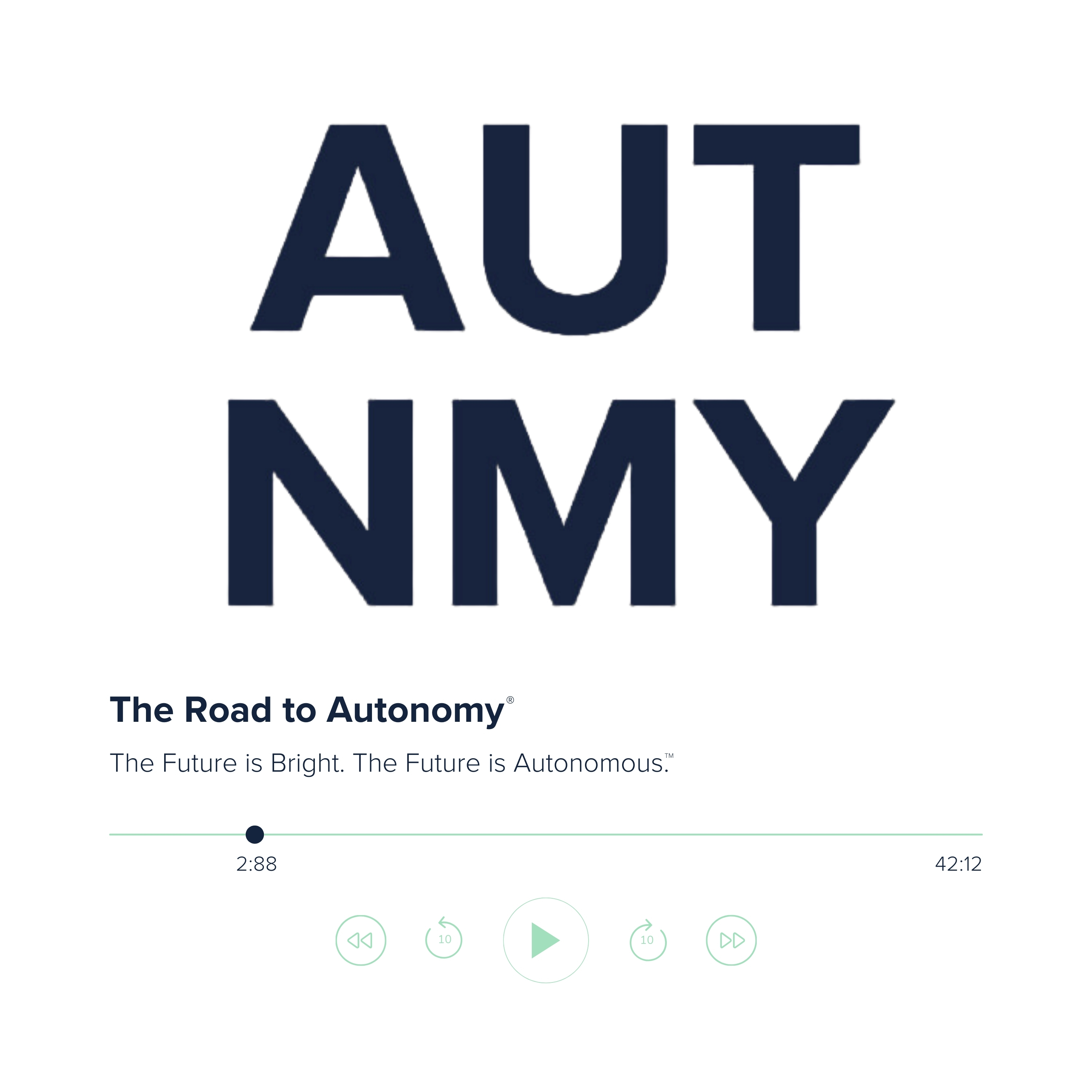
Episode 100 | Insights into the Consolidating Electric and Autonomous Vehicle Markets

The Road to Autonomy
Shownotes Transcript
David Welch), Detroit Bureau Chief, Bloomberg and Author of Charging Ahead, General Motors, Mary Bara, and the Reinvention of an American Icon) joined Grayson Brulte) on The Road To Autonomy Podcast to discuss market consolidation in the electric and autonomous vehicle markets along with his new book.
The conversation begins with David sharing his thoughts on market consolidation in the autonomous vehicle market and who he thinks could potentially be acquired.
Not all of these companies have to sell right now, but if capital markets stay as tight as they are, I think you are going to see a lot of action there. – David Welch
On the electric vehicle side of the equation, EV start-ups are having a hard time raising cash and when they successful raise capital, the capital is expensive. Some of the EV companies are spreading themselves too thin by focusing on multiple markets instead of having a a singular focus on developing a great electric vehicle.
A subset of the electric vehicle market that is becoming over saturated is the last-mile electric van delivery market as GM scales BrightDrop and Ford scales their E-Transit van.
Anyone trying to get into this business, including Rivian, they are going to have a tough time because Ford and GM not only have vans that are already being built, they have the industrial prowess and the factories to make a big go of it. – David Welch
Outside of the electrification of vans, GM has made several savvy moves by acquiring Cruise and Marain) among other all the while preparing for the future of mobility which will be on-demand, electric and autonomous. From an economics standpoint, GM is funding Cruise to the tune of $1 billion a year and Ford and VW are investing significant funds into Argo each and every year.
The big question is, how long will GM continue to fund Cruise and how long will Ford/VW continue to fund Argo? David shares his thoughts on what the future could hold for Cruise and Argo and when GM and Ford will further tap outside investors and/or spin out the divisions once they start generating significant revenue.
Waymo similar to Cruise is generating revenue from their robo-taxi business in addition to their Waymo Via trucking logistics business. Grayson asks David: what will it take and when does he think Alphabet will have their Amazon AWS moment and breakout Waymo earnings for the first time?
I do not know if it’s monetary or has a number on it, I think it’s more a strategic thing. – David Welch
While this will be a strategic decision, the bigger question at present time, do the autonomous vehicle companies have the right executive leadership to commercialize, scale and eventually run a profitable business? Grayson and David discuss the current state of management talent and why Cruise’s competitive commercial advantage could be the executives who joined from Delta and Southwest.
Commercializing an AV company to running a profitable AV company requires a different set of management skills. While management will play a key role, a larger question is; will the robo-taxi business ever be profitable in it’s current state?
This is not a high-margin business. It’s just one that they can do and has the potential to get very big in terms of revenue. – David Welch
Looking at different commercial models, do we get to the point where one of the large AV developers pivots from operating a robo-taxi business to operating a licensing business? Possibly.
I think there is a business there. – David Welch
Based on the way Waymo is currently structured and being owned by a large technology company instead of an auto manufacturer, it’s a possibility. Grayson offers that the service could be called Waymo Drive and offered as a monthly add-on option for JLR vehicles. The core software would run on Google Cloud, leading to increased revenue in a division that is under Wall Street pressure to gain more marketshare.
Or there is Walmart which is currently battling high-inflation make a move to acquire an autonomous trucking company with the long-term goal of lowering operating expenses? Grayson and David discuss as Walmart kicked the tires on acquiring Zoox) prior to Amazon buying the company. Would Walmart consider acquiring Gatik?
I do not think they are going to want to necessarily own these assets if they do not have to, they just need the benefits of it. – David Welch
Staying on the topic of Wall Street, could SoftBank which is the second largest shareholder of Aurora with an 11.8% stake, force the company to split in two by merging the trucking side of the business with Uber Freight of which they are a 3.18% owner (of Uber) and possibly selling the car side of the business to Toyota which owns 6.72% of Aurora? Grayson and David discuss if this is possible and would it create long-term shareholder value?
Or could a U.S. Class 1 Railroad make a move and look to acquire an autonomous trucking to expand their railroad operations by connecting the trains to autonomous trucks? The big question again is, does a U.S. Class 1 Railroad they have to own the company?
The only reason railroad or anybody buys this is if It looks like they can no longer get access to the technology they need to work this into some sort of intermodal system. – David Welch
Wrapping up the conversation, David discusses his new book Charging Ahead, General Motors, Mary Bara, and the Reinvention of an American Icon.
Recorded on Thursday, August 11, 2022
About The Road to Autonomy
The Road to Autonomy® is a leading source of data, insight and commentary on autonomous vehicles/trucks and the emerging autonomy economy™. The company has two businesses: The Road to Autonomy Indices), with Standard and Poor’s Dow Jones Indices as the custom calculation agent; Media, which includes The Road to Autonomy) and Autonomy Economy) podcasts as well as This Week in The Autonomy Economy) newsletter.
See Privacy Policy at https://art19.com/privacy) and California Privacy Notice at https://art19.com/privacy#do-not-sell-my-info).